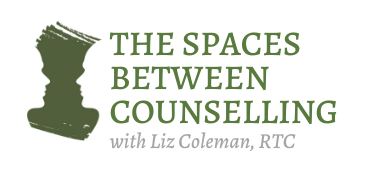“Authenticity” is an overused and often-debated term these days. We are told to be authentic at work to achieve sales and success, authentic on social media to acquire a big following and authentic everywhere else as well.
So, the Question Arises, What Exactly is Authenticity?
Well, it depends on who you ask. The psychologist, Brene Brown, says, “the core of authenticity is the courage to be imperfect, vulnerable, and to set boundaries.” Dr. Brown made that point in reference to an article written by another psychologist, Adam Grant. Dr. Brown felt her position on authenticity had not been inaccurately represented.
Dr. Grant, for his part, seems to suggest that authenticity is more about saying what you think without a filter. He refers to a study of 23,000 individuals that examined their answers to questions about authenticity.
The point of Dr. Grant’s article was that being too “authentic” didn’t correlate well with big success at the office. He suggests that being sincere is a better idea than being authentic, at least in a professional environment.
A third scientist, Theo Van Leeuwen, says that something could be considered “authentic if it is “true to the essence of something, to a revealed truth….” (Van Leeuwen, 2001)
What’s Your Intention?
Ultimately, it’s not the act of authenticity that creates a positive or negative outcome; it’s the intention behind it. When your intention is to be vulnerable and connect with heart, the result is often a softening of defense. If your intention is to say whatever you’re thinking or feeling regardless of others, then a defensive attack will often be the other’s response.
What’s important here is that no matter how authentic you are or want to be in everyday life, we all face the responses of others and pressures to conform. So you get to choose, be courageous and truthful or safe and fit in. There’s no way to please everyone, but knowing your values and boundaries while holding others in mind gives you a confidence of strength with flexibility.
References
VAN LEEUWEN, THEO. “What Is Authenticity?” Discourse Studies, vol. 3, no. 4, 2001, pp. 392– 397.
JSTOR, Gangestad, S. W., & Snyder, M. (2000). Self-monitoring: Appraisal and reappraisal. Psychological Bulletin, 126(4), 530-555.
http://dx.doi.org/10.1037/0033-2909.126.4.530
https://psycnet.apa.org/record/2000-08364-006
https://www.linkedin.com/pulse/dangers-being-authentic-adam-grant
Liz Coleman, RTC, is a Registered Therapeutic Counsellor based in Surrey, BC. She specializes in anxiety, anger, insecurity, and relationship problems. If you have any questions about this article or would like to schedule an appointment, please call Ms. Coleman at (604) 809-8947 or use the convenient form on her Contact page.

